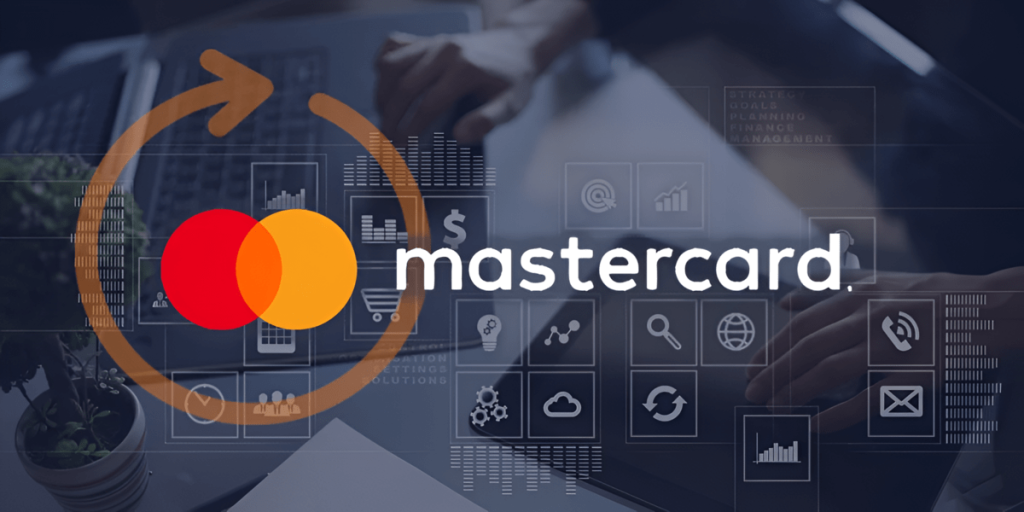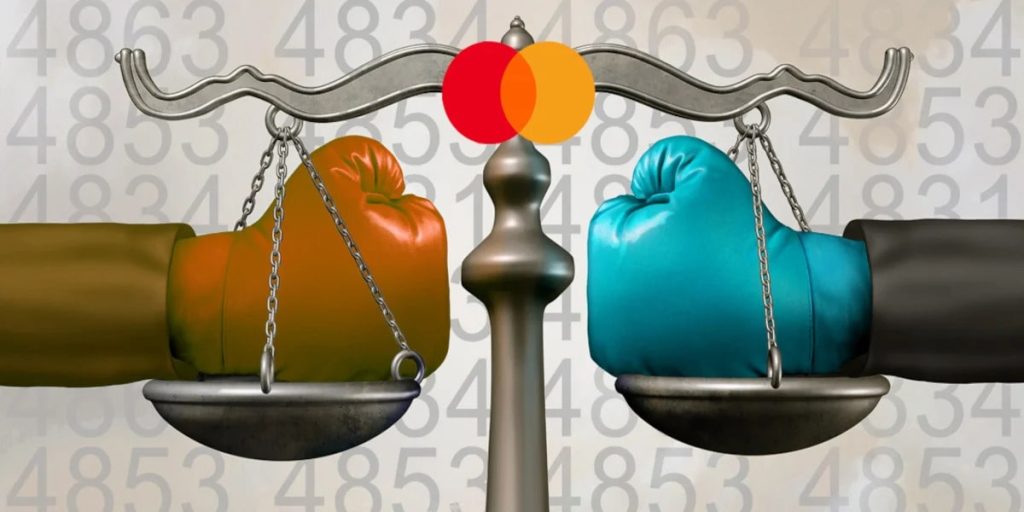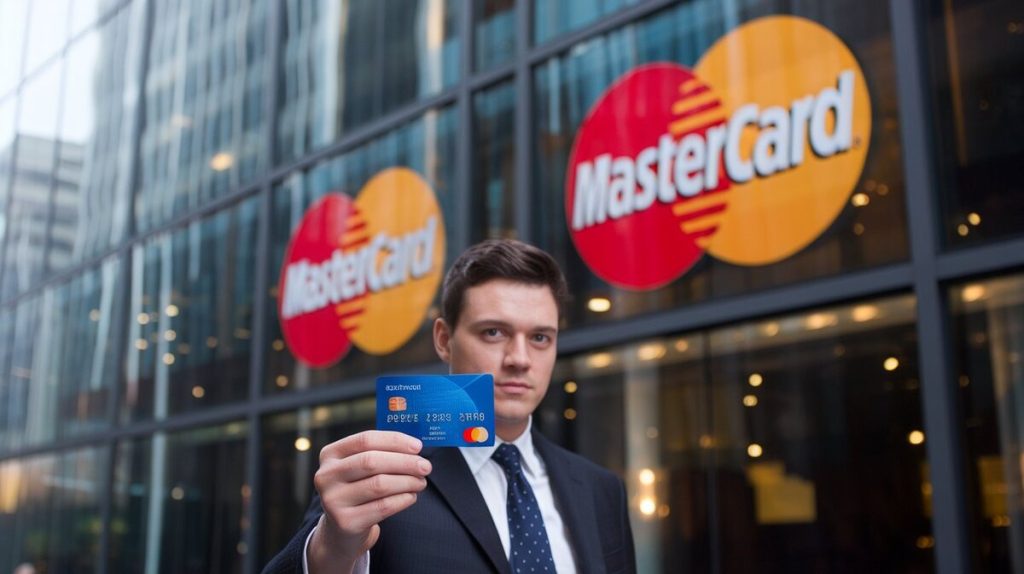Chargebacks are a critical aspect of managing a business that processes credit card transactions. For merchants, it’s crucial to understand Mastercard’s specific rules to prevent losses and avoid penalties. This guide covers the essentials of Mastercard’s chargeback rules, including time limits, fees, reason codes, and practical steps to minimize the impact of chargebacks.
What is a Mastercard Chargeback?
A chargeback is the reversal of a credit card transaction, initiated by the cardholder’s bank. This process typically occurs when a cardholder disputes a charge, claiming it was unauthorized, fraudulent, or that the goods/services were not provided as agreed. According to Mastercard, a chargeback is a “procedure in which an issuer charges all or part of the amount of a transaction back to the acquirer according to Mastercard regulations.” The chargeback process involves the cardholder, issuing bank, acquiring bank, and the merchant.
Mastercard Chargeback Time Limits
Understanding time limits is essential for merchants and cardholders. Mastercard’s time limits vary depending on the type of dispute and the reason code associated with the chargeback.
For Cardholders:
- General Disputes: 120 days from the transaction date.
- Fraudulent Transactions: 120 days from the transaction date.
- Goods/Services Not Provided: Typically 120 days, but can vary.
For Merchants:
- Initial Response: 45 days from chargeback initiation.
- Pre-Arbitration Response: 30 days from receiving the second presentment.
These limits ensure timely resolution of disputes.
Table 1: Mastercard Chargeback Time Limits
| Reason Code | Description | Cardholder Time Limit | Merchant Response Time |
|---|---|---|---|
| 4834 | No Cardholder Authorization | 120 Days | 45 Days |
| 4853 | Goods/Services Not Provided | Variable** | 45 Days |
| 4870 | Chip Liability Shift | 120 Days | 45 Days |
| 4871 | Chip/PIN Liability Shift | 120 Days | 45 Days |
| Various (4850, 4854, etc.) | Miscellaneous Disputes (e.g., ATM, Installment Billing) | 120 Days | 45 Days |
Note: For specific circumstances under reason code 4853, time limits may vary.

Mastercard Chargeback Reason Codes
Reason codes indicate the basis of a chargeback. Mastercard has organized these codes into a numeric system, each representing a specific dispute type. Key reason codes include:
- 4837 – No Cardholder Authorization: For transactions deemed unauthorized.
- 4853 – Goods/Services Not Provided or Defective: Used when the cardholder claims they did not receive the goods/services or they were defective.
- 4870/4871 – Chip Liability Shift: These codes relate to fraud disputes stemming from the EMV chip liability shift.
Merchants should understand these codes to effectively respond to chargebacks.
Table 2: Common Mastercard Chargeback Reason Codes
| Reason Code | Description | Typical Scenario |
|---|---|---|
| 4837 | No Cardholder Authorization | Cardholder disputes a transaction as unauthorized |
| 4853 | Goods/Services Not Provided or Defective | Cardholder claims non-receipt or defects in goods/services |
| 4870 | Chip Liability Shift | Fraudulent transaction due to EMV chip issues |
| 4871 | Chip/PIN Liability Shift | Fraudulent transaction under chip/PIN liability rules |
Mastercard Chargeback Fees
Chargebacks come with fees that can accumulate quickly, especially for merchants with high chargeback volumes. According to Mastercard:
- Chargeback Fee: $25 per transaction.
- Second Presentment Fee: $50 when the acquirer resubmits the merchant’s evidence.
- Arbitration Fee: $500, or $300 if the merchant concedes before Mastercard’s final decision.
The Excessive Chargeback Program (ECP) is another consideration. Merchants exceeding a 1.5% chargeback ratio per month enter the program, facing significant penalties.
Table 3: Mastercard Chargeback Fees
| Fee Type | Amount | When Applied |
|---|---|---|
| Chargeback Fee | $25 per transaction | When a chargeback is initiated |
| Second Presentment Fee | $50 | When a chargeback is challenged and resubmitted |
| Arbitration Fee | $500 ($300 if conceded) | If the dispute goes to arbitration |
Excessive Chargeback Programs
Merchants must be aware of the Mastercard Excessive Chargeback Program (ECP). Merchants with a chargeback ratio exceeding 1.5% for two consecutive months are enrolled in the ECP, which can lead to substantial fines and increased scrutiny.
The consequences include:
- Tiered Fines: Ranging from $1,000 to $100,000, depending on the duration and severity.
- Risk of Account Termination: Continued violations can lead to account termination.
To avoid enrollment in this program, monitor chargeback ratios and implement preventive measures. Merchants are encouraged to work with chargeback prevention services. Merchanto.org, a partner of VISA and Mastercard in chargeback prevention, offers effective tools to help merchants reduce chargebacks. Learn more at Merchanto.org.

How to Dispute a Mastercard Chargeback
Disputing a chargeback involves representment, where the merchant submits evidence to contest the chargeback. Steps include:
- Gather Evidence: Collect all relevant documentation, such as receipts, delivery confirmations, and communication logs.
- Submit a Rebuttal Letter: Clearly state why the chargeback is invalid, referencing the specific reason code and including supporting evidence.
- Work with Your Acquirer: Submit the rebuttal through your acquiring bank, which will forward it to Mastercard.
Not all disputes are worth pursuing, especially if the potential recovery is outweighed by arbitration costs.
Recent Changes to Mastercard Chargeback Rules
Mastercard updates its chargeback rules to reflect changes in technology and consumer behavior. Key updates include:
- July 2020: Introduction of pre-arbitration filing, replacing the older arbitration chargeback cycle. This change gives merchants another chance to submit evidence but also increases the complexity.
- April 2020: Temporary suspension of fraud and chargeback monitoring programs for certain merchants due to COVID-19.
Merchants should regularly check Mastercard’s official updates to stay informed.
Best Practices to Prevent Mastercard Chargebacks
Preventing chargebacks is more cost-effective than disputing them. Best practices include:
- Clear Billing Descriptors: Ensure billing descriptors are clear to avoid confusion.
- Strong Customer Service: Provide multiple support channels to resolve disputes before they escalate to chargebacks.
- Fraud Prevention Tools: Use tools like 3-D Secure and AVS (Address Verification System) to minimize fraudulent transactions.
- Authorization Holds: Implementing an authorization hold can reduce chargebacks by providing a buffer period for disputes to be resolved.
Conclusion
Understanding Mastercard’s chargeback rules is essential for any business that accepts credit card payments. By adhering to time limits, fees, and reason codes, merchants can better manage chargebacks and protect their revenue. Partnering with chargeback prevention experts can further safeguard your business against the financial risks associated with chargebacks.



